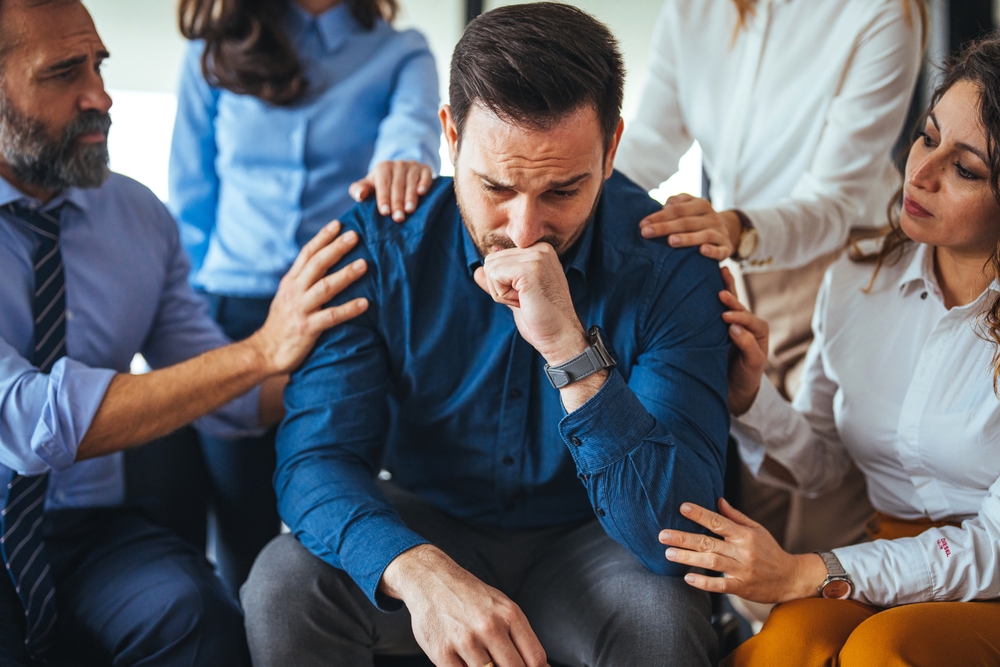Each May, we recognize Mental Health Awareness month. An easy way to stay functional and recognize your own mental health is to take a Mental Health Day. If you’re on your third coffee by 10 am and feel like you’ve been through the ringer on a Tuesday, you might need a mental health day. While you’re not physically sick, taking mental health days are important for tackling burnout. Whether you have a mental health condition or not, mental health days are valuable for helping us take much needed time to relax and recharge. While we do recognize that taking mental health days might be challenging for some depending on work, school, or person circumstances, society is making strides in recognizing the importance of mental health days. The state of Oregon recently passed a bill allowing students to take up to five mental health days in a three month period. Some organizations have even started to offer mental health days into their paid time off policies for their employees.
These strides towards prioritizing mental health are important, especially in today’s culture of feeling the need to work hard constantly, staying late in the office, or inhaling the sad desk lunch instead of taking a real break. In 2019, the World Health Organization recognized burnout as an occupational phenomenon, defining it as a syndrome stemming from chronic workplace stress.
The reality is that we cannot function 24/7, 365 at peak performance. If we do not recognize that we need to slow down when we’re on the verge of burnout, we head down a self-destructive path. A recent study found that 95% of people believe that taking a mental health day would improve their work performance, but only 28% of these individuals felt comfortable actually asking for a mental health day. However, it’s important to recognize that slowing down and prioritizing ourselves is not selfish. Instead, it puts focus on keeping ourselves healthy, functional, and available to others when they need us.
Don’t wait until your tank is empty if you need to take a mental health day. If you are even at a quarter tank, consider scheduling a day for yourself. If you’re not sure you can recognize when this might be, good signs are trouble sleeping, increased reliance on caffeine or sugar, increased amounts of frustration or anger, or feelings as though your relationships are declining. Don’t let yourself get to a place where you begin to have panic attacks, rely on substances to cope, or begin to experience early symptoms of depression or anxiety.
Not sure what to do on a mental health day? Think about what you can do to truly make it a good mental health day. For some, a day of sleeping in late and watching Netflix all day is relaxing but not necessarily restorative to their mental health. Ask yourself what your body, mind, and heart need. What can you do to meet those needs? For some it might be carving out time for an exercise class they’ve always wanted to attend, spending the day outdoors, or getting a massage. You could even practice mindfulness throughout the day by eating meals slowly and enjoying the taste and textures, or sitting on the porch with a favorite drink and just listening to the sounds around you. Tackling workplace burnout is possible, and your mental health will only be better for it.





